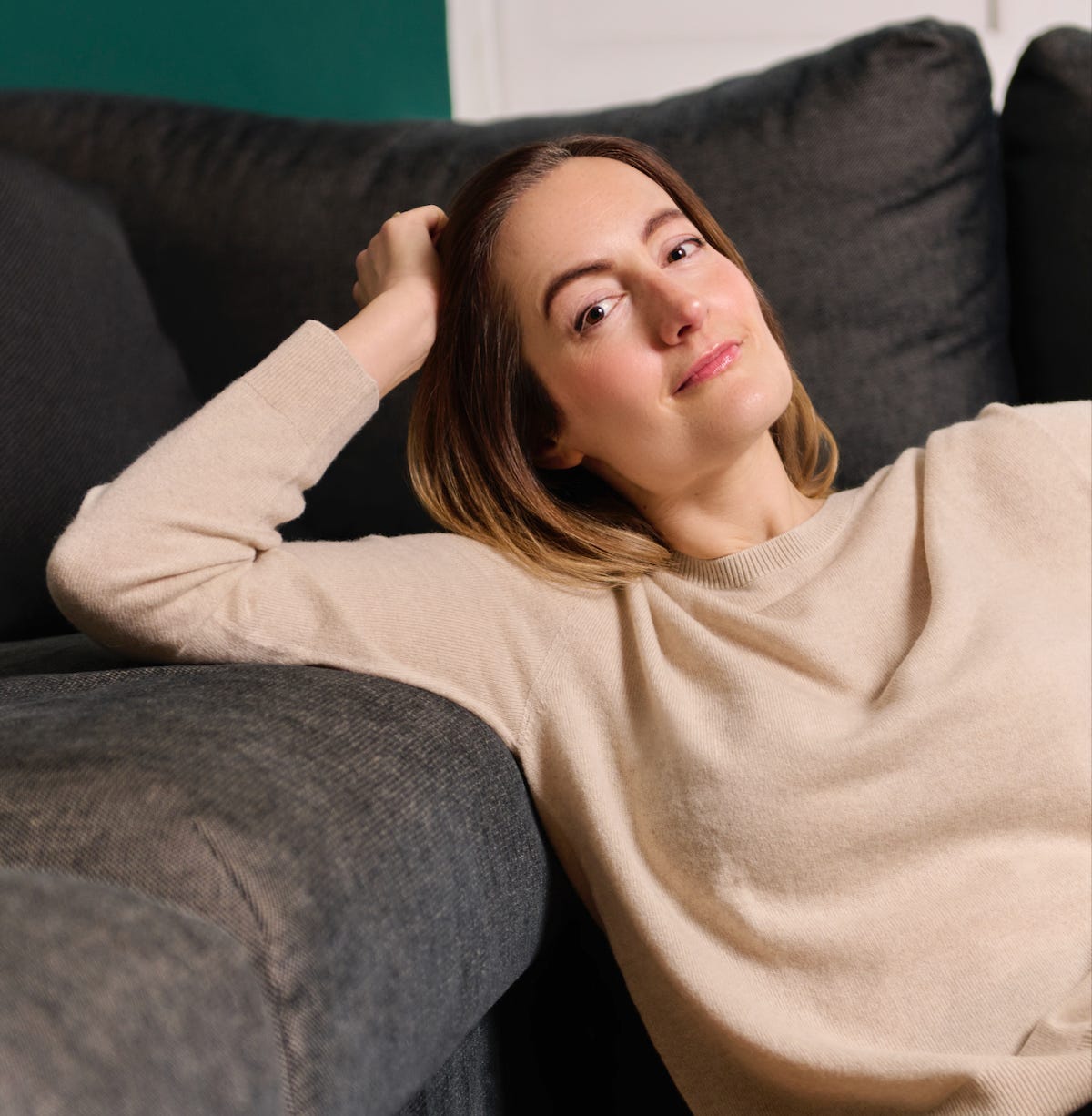The Writer: Rosamund Dean, journalist and author
"I’m always baffled and surprised when something’s a success, failure feels more normal. Which is lucky because a big part of being a freelance writer is being rejected," says Rosamund Dean.
I met Rosamund eight years ago at a kids’ party and we bonded over our careers, as journalists. My work has shifted since then, but Rosamund remains a committed - and successful, in-demand - journalist with by-lines in all the nationals.
Rosamund is also the author of two non-fiction books - Mindful Drinking and Reconstruction: How to rebuild your body, mind and life after a breast cancer diagnosis. And she writes about wellness for her Substack, Well Well Well.
Here’s our interview…
You’re a journalist for the nationals, the author of two non-fiction books and you write Well Well Well on Substack: do you enjoy creating across genres, or is there one area you’d like to focus on more?
I get mega FOMO so I have to be across everything! Also, freelance writing rates being what they are, it makes sense to have fingers in many pies.
You’ve worked in-house for Red Magazine, Grazia and ES: how does freelancing compare to employment?
The thing I miss about office life is being surrounded by brilliant women to bounce ideas off (particularly at my last staff job, as deputy editor of Grazia), as well as the regular salary of course. But I love having the freedom and flexibility to collect my kids from school, not to mention nip out to a Pilates class on a quiet Tuesday. That’s something I longed for when I was on staff - and I have to remind myself of that, because the grass is always greener.
Your journalism, non-fiction books and Substack are all centred around the ‘wellness’ niche, how did you come to focus on this area?
My early career was in entertainment journalism, organising cover interviews with Sofia Coppola, Gwyneth Paltrow and Winona Ryder when I was at Red (back when they used to have celebrities on the cover) but, to be honest, I always had more of an interest in the health pages. I wrote my first book, Mindful Drinking: How Cutting Down Can Change Your Life, while I was on maternity leave. When leaving my staff job to go freelance coincided with a breast cancer diagnosis, future-proofing my body became my main concern - luckily lots of other people seem to be interested in that, too!
How important is it to have a niche, as a journalist, Substacker and non-fiction author?
For me, it feels important, because editors commission me to write about mindful drinking, breast cancer or wellness trends, and they might not think of me if I was more of a generalist. But I enjoy lots of writers who don’t have a niche, so don’t think it’s important for everyone.
What does your Monday-Friday routine look like, in working hours?
The kids (who are 8 and 10) go to various clubs after school, so I have basically a full working day during term time - although what I do with that time varies wildly, depending on whether I’m chained to my desk on a deadline, or going to meetings or events in town (or, let’s face it, procrastinating on Instagram - my downfall!).
Do you work in the evening/on weekends - and how else might you spend ‘time off’?
I try not to, but I often end up having to, especially around the school holidays. My husband Jonathan is also a journalist so, if he has a deadline, we might work alongside each other after the kids are in bed, and then watch something to decompress before sleep - current favourites are Hacks and High Potential.
Where do you most like to write from?
We have a box room with a cheapo desk that I panic-bought during the pandemic. I prop my laptop up on yoga blocks and use a separate keyboard and mouse, in an attempt to create an ergonomic workspace. I even bought one of those funny kneeling chairs! (The framed Woman's Own cover is actually my nan, who was a model in the 1930s. She survived breast cancer twice, and lived to 98, so she's my inspiration.) But, honestly, I get so distracted when I work from home - by putting a wash on or repeatedly looking at what’s in the fridge - I’m better at working in cafés.
Do you have a morning/night-time routine that helps with your writing?
I wouldn’t call it a routine, but I love working early in the morning. Penny Wincer’s writing group, The Fold, does an online co-writing session at 6am on Wednesdays, which I join when I can.
What one thing would help to improve your writing life?
A cheap, nice, nearby workspace that I go to every day to get me out of the house.
Do you feel successful, as a writer?
Yes! I don’t have a Sunday Times Bestseller or a book that’s been optioned for the big screen, but I grew up in a small town where the very idea of writing for a living was completely ludicrous. When I was 15, the school careers advisor told me that being a journalist was “not realistic” and said: “If you like words, you could work in a book shop?” So to be making any kind of a living in this world feels like a massive success to me.
How do you cope with failure?
I’m always baffled and surprised when something’s a success, failure feels more normal. Which is lucky because a big part of being a freelance writer is being rejected. The key is to not take it personally and just keep going.
What’s next, for your writing?
I always have a six-week break from Substack over the summer, and plan to use that time and headspace to think about a new book, so watch this space!










Thanks so much for having me Annie! ❤️
Enjoyed reading this Annie. Rosamund’s book Reconstruction became my go-to, best friend in book form following my breast cancer diagnosis (have mentioned it in a few of my Substack posts) and then I met Rosamund in person at a charity event and had a lovely chat with her ❤️